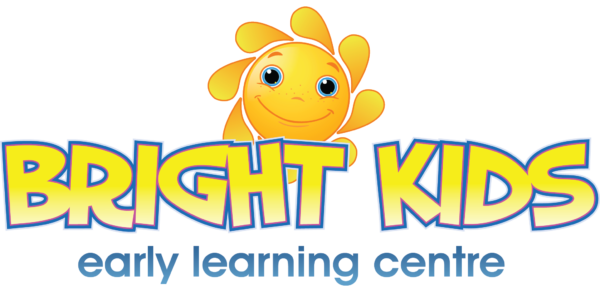Inquiring Minds
Young children have a natural curiosity and wonderment about their world, which makes pre-prep a fun place to be.
It is also why inquiry-based learning works so well.
Inquiry learning is about finding things out.
It aims to engage children and teachers in active ways as they pose and answer questions, solve problems and explore ideas.
Inquiry learning is a way of describing how children actively engage in hands-on-learning using investigative interactions and exploration of ideas and concepts.
What is Walking Water?
Recently the pre-prep class has undertaking the Inquiry investigation “Walking Water”.
Prior to the investigation I asked the children a leading question “how does a tree get water all the way up to it’s leaves?
After many shrugged shoulders and confused faces the suggestion was made to do an experiment to help answer this question.
I demonstrated the experiment to the class using;
- Two cups. One cup with coloured water and the other empty.
- A piece of paper towel was folded and an end placed into each cup; and
- Introducing the word “observe”.
The children would need to sit and observe the experiment and notice any small changes.
After several long minutes the blue water started to move up the paper towel.
After 10 minutes the paper towel was all blue and water was beginning to fill the 2nd empty cup.
At first, this experiment appears to defy gravity.
How does the water get from one cup to the other?
With a little bit of magic called ‘Capillary Action’. Capillary action is how plants and trees move water around.
Essentially, the adhesive force between the paper towel and the water are more powerful than the cohesive force inside the water itself.
This results in the paper towel pulling the water up. The water keeps traveling up the paper towel, across the bridge and into the other cup.
Taking it to the next level
To take this experiment to the next level the children worked in small groups to make a “Walking Rainbow”.
They worked together to set up the experiment, using more cups and different coloured water and connected each cup with paper towel.
The experiments where then observed every 10 minutes for the duration of one hour.
Each group reported back to me what changes had occurred and made predictions about the end result of the experiment.
Each group was excited to report back they had made a rainbow, the colours had mixed together in the cups and created new colours.
Inquiry based learning takes place in a social context and is rich in language and dialogue.
Children are encouraged to collaborate, share ideas and listen to the ideas of others.
The ability to actively explore new concepts which inspire meaningful conversations is a fundamental step in early cognitive development.
The process they go though as they discover facts and details through their own efforts helps to instill a love of learning and excitement for new opportunities.
That’s all from Miss Patti and the Sea Turtles.
Also please follow our Facebook and Instagram Pages and stay up to date.


